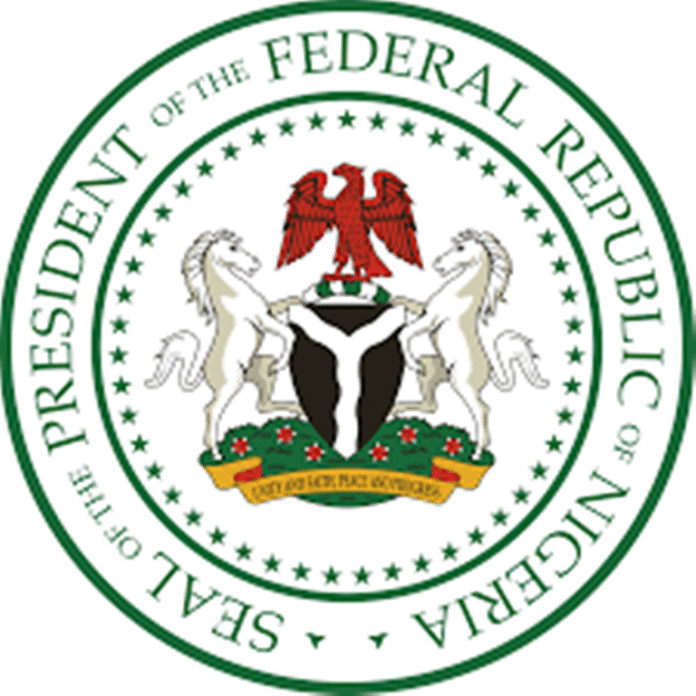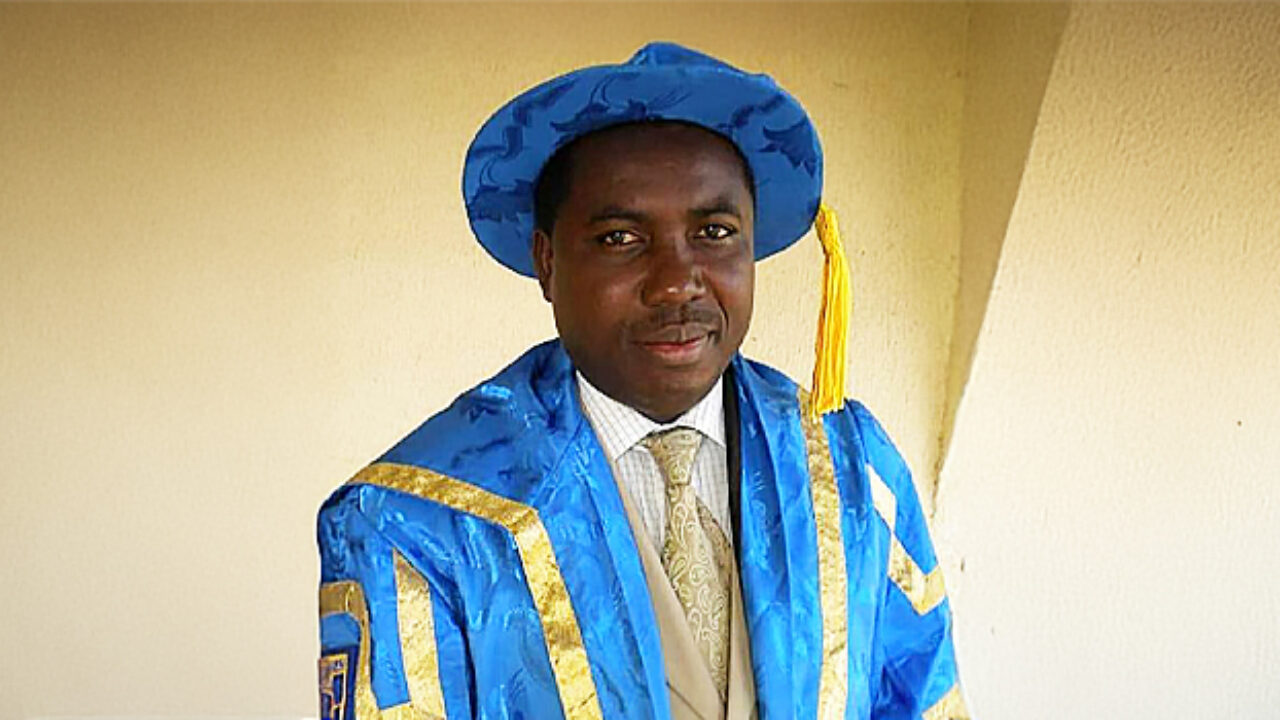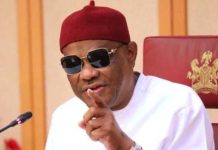Eric Teniola
From last week continues the narrative that Nigeria’s adoption of the presidential system of government in 1979 created a monster as successive presidents since then serially abused the power vested in them by the Constitution, including using their presidential powers to rig election to their favour and that of their cronies.
The saying “power corrupts, and absolute power corrupts absolutely” suggests that those in positions of authority are prone to abuse of power, with absolute power leading to complete moral decay. This idea, famously attributed to Lord Acton, is supported by historical and psychological evidence.
While the saying highlights the potential for corruption within those with power, research also indicates that lack of power can also lead to negative behaviours, such as resentment and a desire to dominate. Additionally, personality traits and relationship orientations play a role in how individuals wield power, with some demonstrating more self-serving behaviours while others exhibit greater generosity.
If we are to go by the Constitution, the Nigeria President is the sole administrator of the country.
The President alone by the provisions of the Constitution has the power to appoint Ministers, Judges, ambassadors, board members in the Central Government like the Independent National Electoral Commission, INEC; National Population Commission, NPC; the Nigerian National Petroleum Company, NNPC, Limited and others. The National Economic Council and the Council of States can only advise the President. He can decide to accept or reject their advice. The President is human and can abuse the powers vested on him by the Constitution.
Concentrating power in one person or entity carries significant risks, potentially leading to tyranny, corruption, and a decline in individual liberties. This concentration of power can hinder the effectiveness of checks and balances within a system of governance, allowing for the unchecked exercise of authority and potentially leading to the suppression of dissent.
The framers of our Constitution knew something crucial about human nature: no one is perfect, and even those with good intentions can be tempted by power. With this in mind, they designed a government that protects against any one person—or group—getting too much control. By building a system of checks and balances, they created a structure to keep power balanced and tyranny at bay. This core principle remains vital today for anyone who values liberty and wants to keep power accountable. Our situation is even worse in that we have a rubber stamp National Assembly.
There is the need to refer to the report of the sub-committee on the Executive and Legislature of the Constitution Drafting Committee of 1975. The reports defined how the powers of the Nigerian President could be operated. The sub-committee was headed by Alhaji F.G. Razak, the father of the present Governor of Kwara State. Other members of the sub-committee were: Dr. E. Eleazu, Alhaji Sule Gaya, Dr. I. Ahmed, Dr. Kole Abayomi, Mr. F. Okunnu, Dr. G.A. Odenigwe, Mr. S.G. Ikoku, Alhaji Shehu Malami and Dr. K.O. Mbadiwe.
Vanguard

























































